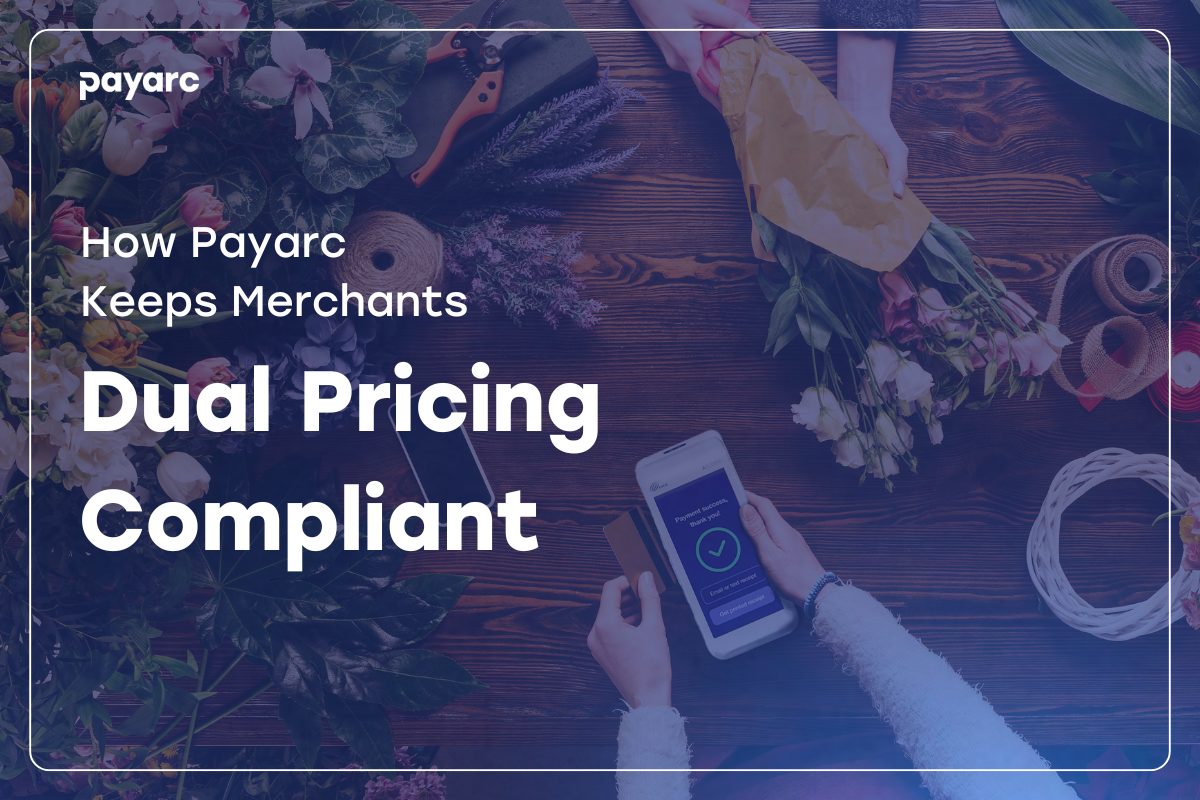How can we help?
How can Payarc guarantee safety?
With options like tokenization and encryption, along with strict PCI compliance, Payarc is a leader in security for payment processors.
Who can use Payarc?
All kinds of organizations use Payarc to accept payments and manage their business. From restaurants to not-for-profits, to some of the largest online retailers, we have the tools you need to succeed.
What are your support hours?
Our highly trained support team is available via phone or email 24/7. You can also learn from our blog, to find useful tips, articles, and thorough video walkthroughs.

Discover all the resources we have prepared for you
Card Brand Fees
Chargebacks
Fraud Prevention
Industry
Interchange
-
Debit Card Transactions Fees & Rates
-
Cash Discount
-
Visa Interchange Rates
-
MasterCard Merchant UCAF Interchange Rates
-
MasterCard Interchange Rates
-
American Express Interchange Rates
-
Changes To Interchange Rates
-
Decoding Discover Interchange Rates
-
Interchange Downgrades
-
Visa International Card-Not-Present Interchange
-
New Interchange Programs
-
Pricing Explained
-
Interchange Plus Pricing vs. Tiered Pricing vs. Blended Pricing
-
Mastercard Interchange for Restaurants




